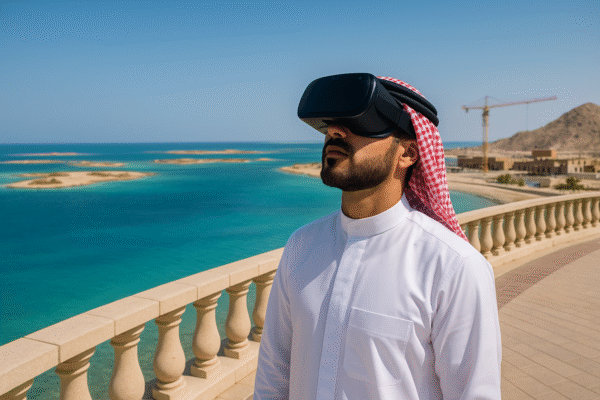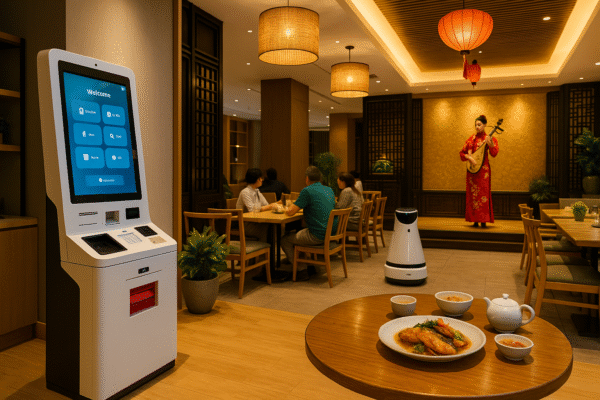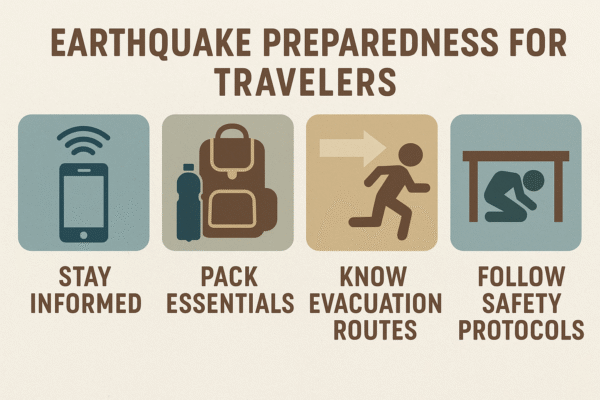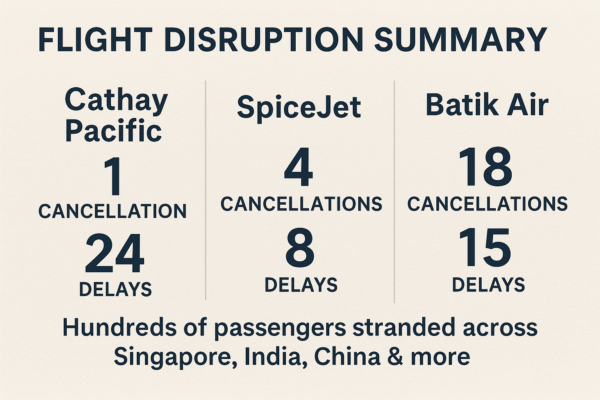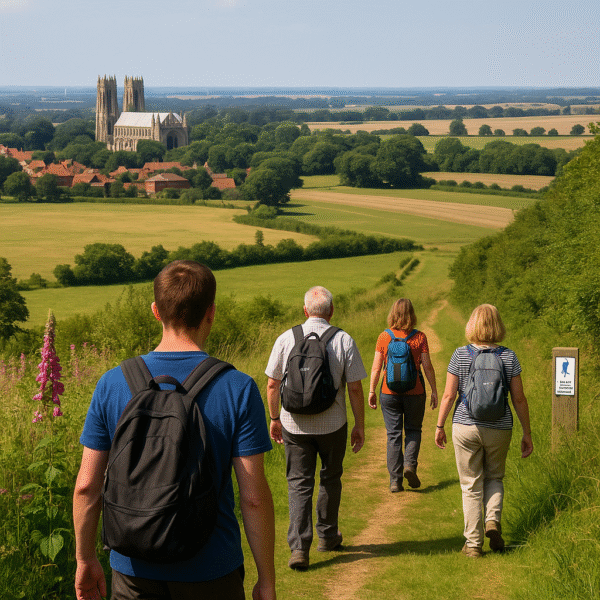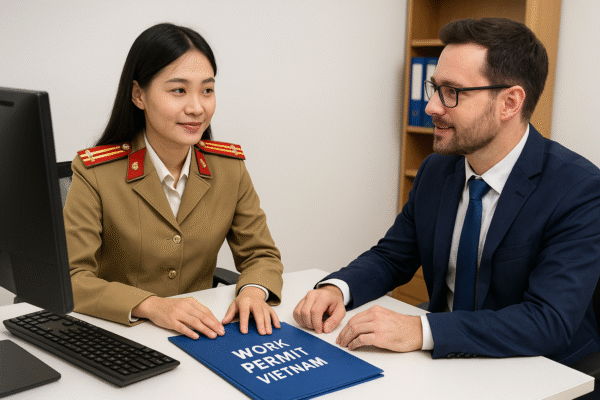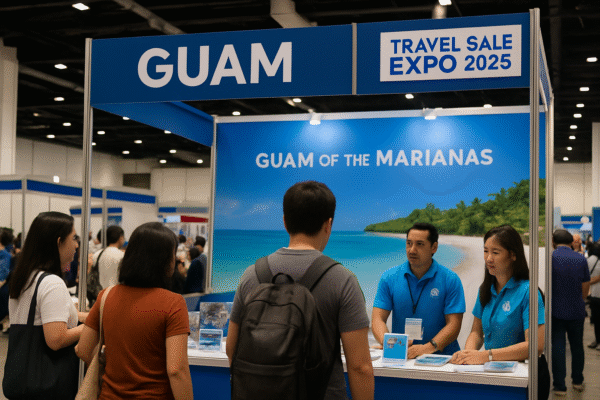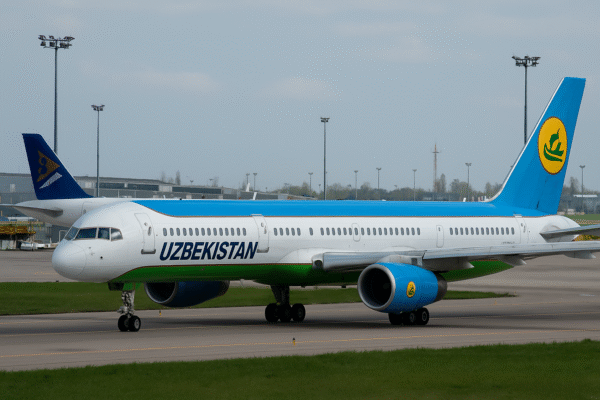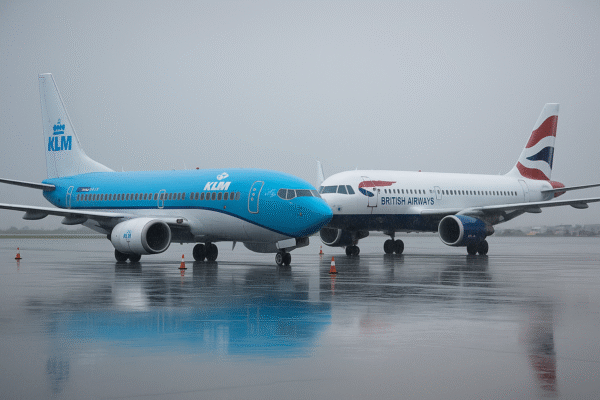Saudi Arabia is ushering in a transformative era for its tourism sector, leveraging artificial intelligence (AI) and immersive technologies like augmented and virtual reality (AR/VR) to elevate visitor experiences and realise the ambitions of Vision 2030. Spearheading this high-tech tourism renaissance—spanning from the futuristic landscapes of Neom to the pristine shores of the Red Sea and the cultural heart of Al-Ula—the Kingdom is strategically crafting smart destinations that blend sustainability, innovation, and immersive heritage engagement.
At the heart of Vision 2030 lies tourism as a cornerstone of economic diversification. The National Tourism Strategy aspires to attract up to 150 million annual visitors by 2030 while raising tourism’s contribution to GDP from 3% to 10%. To power this leap, Saudi authorities have rapidly integrated AI, AR, and VR across key megaprojects, aiming to offer personalized, interactive, and sustainable travel experiences. These efforts are backed by massive investments—including over US$1 trillion in mega-projects—and streamlined regulations like the elimination of hotel licensing fees to stimulate private-sector participation.
The Red Sea Project, a regenerative megadevelopment along Saudi Arabia’s western coast, combines luxury hospitality with environmental stewardship. Over 22 islands and six inland sites are being transformed through a mix of hotels, beachfront resorts, and eco-friendly infrastructure. Visitors can already experience exclusive stays at destinations such as Six Senses Southern Dunes, the overwater orb-shaped Sheybarah Resort, Desert Rock nestled within granite formations, and the ultra-luxury Nujuma by Ritz-Carlton Reserve. These resorts exemplify how design, comfort, and immersive narratives are being intertwined to create unforgettable journeys.
Similarly, Al-Ula is being reimagined into a cultural tourism flagship. Under the Public Investment Fund’s Al-Ula Development Company, this ancient archaeological gem is being elevated via new luxury hospitality offerings and heritage-based attractions—including upcoming hotels by international brands—set against landscapes that have long held spiritual and historical significance.
Near Riyadh, the Qiddiya megaproject is rising as a hub of entertainment, sports, and immersive experiences. Among its attractions are the largest Six Flags theme park in the region, thrill-seeking rides like the world’s fastest roller coaster, and a one-of-a-kind Dragon Ball theme park with a towering Shenron statue. AI and smart design underpin operations, offering seamless access and managing guest flow, while training partnerships with global universities aim to cultivate local talent in tourism and hospitality.
Beyond luxurious lodging, AI is seamlessly woven across the tourism ecosystem. Smart platforms enable customized itineraries, AR guides transport visitors through Saudi heritage sites with interactive storytelling, and AI-powered airport systems and digital visa services enhance arrivals. Chatbots and virtual concierges offer around-the-clock support, while in-hotel robotics streamline services from cleaning to food delivery—all contributing to operational efficiency and a new standard of hospitality.
Sustainability also lies at the core of these developments. The Red Sea Project protects most of its natural habitats, promoting ecological rehabilitation and coral conservation; Al-Ula’s projects weave community regeneration and local farming; and increasing protected areas reflect Saudi commitment to preserving biodiversity.
Yet, implementing such an ambitious smart tourism vision brings challenges. Scaling up local expertise in AI and immersive tech, crafting regulatory frameworks, and securing data privacy and cybersecurity are crucial next steps. To bridge these gaps, the Kingdom is establishing AI excellence hubs and encouraging international knowledge exchange and training programs that align with Vision 2030’s goals.
Despite hurdles, momentum continues—and local tourism numbers highlight early success. With the growth of cultural festivals, heritage restoration, and new infrastructure, the Kingdom has already surpassed early visitor benchmarks. These gains suggest that Saudi Arabia is not only building grand destinations but reshaping the global travel narrative through innovation, heritage, and sustainable ambition.
For more travel news like this, keep reading Global Travel Wire

